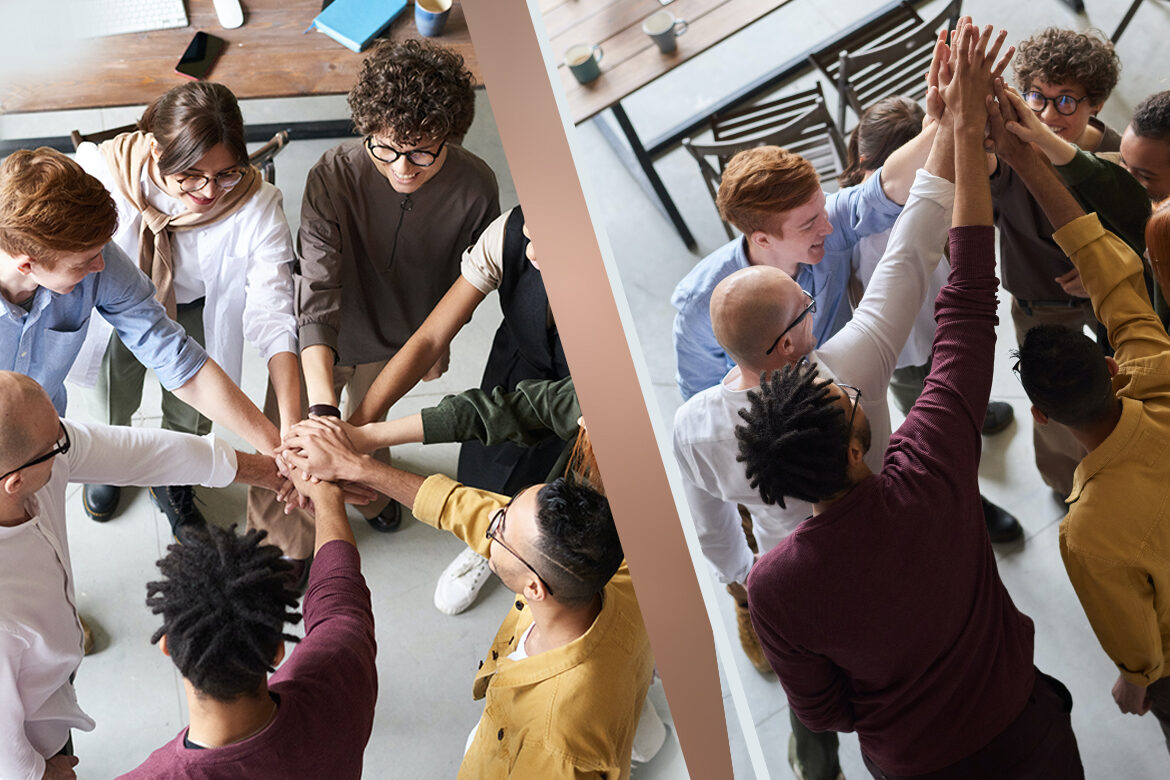Group therapy offers you a wide range of advantages. It offers you the opportunity to receive and give support to group members, both of which are important in your growth and learning. Moreover, you feel heard and develop socialization skills and communication skills as well. You learn to express your issues, developing self-awareness by listening to ideas and views of other people who are dealing with similar issues, which is therapeutic.
You also learn different ways of thinking and how you can deal with a situation more appropriately. And seeing members of the group at different stages of treatment and seeing them recovering instills hope and you are more dedicated to attending the sessions and work diligently in bringing positive changes in your life.

Group Therapy
In contrast to individual therapy, group therapy helps different people solve their problems and grow emotionally, using the power of connecting people and the utilizing knowledge, assistance, and expertise of the therapist.
Mostly, one therapist conducts group therapy, however, this is not always the case. Some group therapies are also conducted by two therapists, depending on the matter under consideration. Similarly, the number of people undergoing group therapy also varies. Using group therapy for substance abuse, for example, may feature approximately 10-12 clients per session.
The number of sessions in group therapy also vary, but the process remains almost the same, consisting of group members and the therapist who suggests the topic of the discussion or ask the group to decide the topic.
The psychologist training for group therapy entails all the strategies, knowledge, and expertise to help people learn and grow, solving their issues and encouraging them to change their maladaptive patterns of thinking and behaving and turning them into helpful, productive ways. People benefit from the discussion and interaction carried out between the group members and the therapist. The psychotherapist pays attention to even the small details and encourages new ways of thinking and undertake different activities, such as talking about anxiety or fear, and sharing how different members deal with it.
The psychologist reviews the discussion, communication, behavior, and facilitates the process accordingly. If you have never experienced group therapy or are skeptical about it, you will be amazed by the rewarding experience that group therapy can provide.
Benefits of Group Therapy:
The most probable reason is that the group acts as a support network. Group therapy can be used to treat a variety of issues such as depression, social anxiety, eating problems, substance abuse, panic disorder, or other mental health issues. Moreover, group therapy also helps clients deal with low self-esteem, shyness, loneliness, communication skills, anger, grief, or healing from a traumatic event.
Group therapy can be integrated into your normal treatment plan of individual therapy. Group members are of different personality characteristics, may belong to a different family or cultural background, and may have different values. They share their experiences, problems, and solutions they used to deal with the issues. This helps members to learn new ways of thinking, different perspectives of a single situation, and also different solutions to a problem.
The purpose of group therapy is also to provide you the social and emotional support you might not be able to discuss your problems before but being a member of a group you realize that other people also experience issues one way or the other. And depending on the issue you are undergoing therapy for, group therapy can be an ideal option to bring positive changes in your life.
To find a suitable group, call (973) 405-1278 and book an appointment with the experienced professionals at Fennell Powell Counseling.
such as allowing people to express themselves without any fear of being judged, enhancing social Group therapies are as effective as individual therapy, in addition to providing many benefits communication. Compassion and altruism are also developed during group interactions and help instill hope as you see group members progress and getting better. The effectiveness of group therapy depends on the skills of the psychotherapist and psychologist, and the number of group members among many other factors. Researchers studying the effectiveness of group therapy suggest that the ideal number of group members in group therapy should be 6 to 12. The session usually lasts one and a half or two and a half hours, also including a break. The groups can be open or closed. In open groups, new people can enter the group at any time, on the other hand, closed groups don’t include any other member once a specified number of members is set.
Group therapy is an evidence-based treatment modality that is clinically efficient in treating a wide range of mental health issues in a friendly and comfortable group environment. Moreover, group therapy offers something unique as compared to other treatment methodologies, such as the shared experiences, emotional and social support, opinions of your group members, and the coping strategies they use to deal with different situations. In group therapy, you also get the opportunity to model healthy attachment and behaviors

